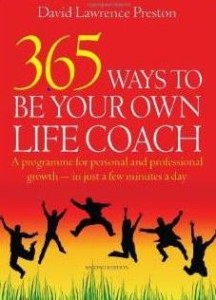The challenge with everyday conflict is not to avoid it (which is almost impossible) but to settle it quickly, learn from it and move on.
The fact is, everyone knows how to upset their nearest and dearest because they have inadvertently taught each other over time what hurts the most.
Conflict is best resolved by:
- Realising that in any disagreement, you’re not likely to change the other person unless they want to – the only person you can really change is yourself.
- Recognising that there are two sides to every argument. With goodwill on both sides differences can be resolved if both are willing to compromise.
- Ask yourself: ‘Is there a genuine disagreement here, or are we simply not communicating?’ Perhaps your wires are crossed.
- If there is a clash, ask yourself if it’s worth fighting over, or whether you can let it go (without compromising your integrity, of course). Don’t fool yourself, though. There are times when it is necessary hold firm.
- Concentrate on finding a solution rather than going over old ground. Focusing on a problem magnifies it; focussing on a solution is productive.
- Acknowledge their emotion, even if you disagree with their argument. A useful tip is to start your sentences with ‘I feel’, not ‘you are’ – it’s harder to hurt and easier to understand this way’.
- Learn to lose arguments! Allow the other person to win from time to time. If the other person feels quashed, bitterness and resentment build up.
In relationships it is healthy for people to be able to express themselves assertively and look for ways of resolving differences.If handled skilfully, there’s no harm done.
©David Lawrence Preston, 30.6.2016
Follow me on Facebook and Twitter @David_L_Preston
How to Books, 2004


